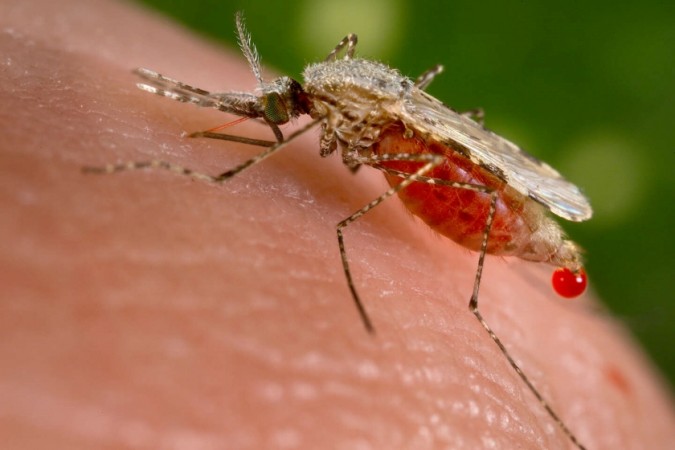
In a groundbreaking effort to combat malaria, the Kenya Medical Research Institute (Kemri), in collaboration with Imperial College London, is preparing to release genetically modified (GM) mosquitoes in Kenya. This innovative project aims to eradicate an invasive mosquito species responsible for spreading the disease.
Researchers at Kemri are utilizing advanced genetic techniques, particularly gene drive technology, to target the malaria vector population. Dr. Martin Bundi, Acting Deputy Director of Research and Development at Kemri, highlighted the necessity of adopting such cutting-edge technologies during a recent meeting. The meeting followed joint grant submissions for research and innovation funding by Kemri and Imperial College London.
The Centers for Disease Control and Prevention (CDC) developed these GM mosquitoes, which incorporate two essential types of genes. The first is a self-limiting gene that prevents female mosquito offspring from reaching adulthood. The second is a fluorescent marker gene that glows under red light, facilitating the identification of GM mosquitoes in the wild. These genetically modified mosquitoes are mass-produced in laboratories and then released into targeted areas. When released, they mate with wild females, passing on the self-limiting and fluorescent marker genes to their progeny. This approach aims to significantly reduce the population of Aedes aegypti mosquitoes, a primary vector for malaria transmission.
Experts note that the deployment of GM mosquitoes is designed for disease prevention rather than halting an ongoing outbreak. The CDC reports that releasing GM mosquitoes over several months can substantially reduce the population of specific mosquito species, thereby decreasing the risk of disease outbreaks.
"Malaria remains endemic in Kenya, necessitating the adoption of new technologies to control its spread," remarked Professors Christophides George and Windbichler Nikolai from Imperial College London. Dr. Bundi echoed this sentiment, emphasizing the importance of innovative solutions in the fight against malaria.
By combining advanced genetic research with practical application, this initiative aims to provide a sustainable and effective solution to one of Kenya’s most persistent public health challenges.
Article by RB Correspodent
Photo/Google

Comment